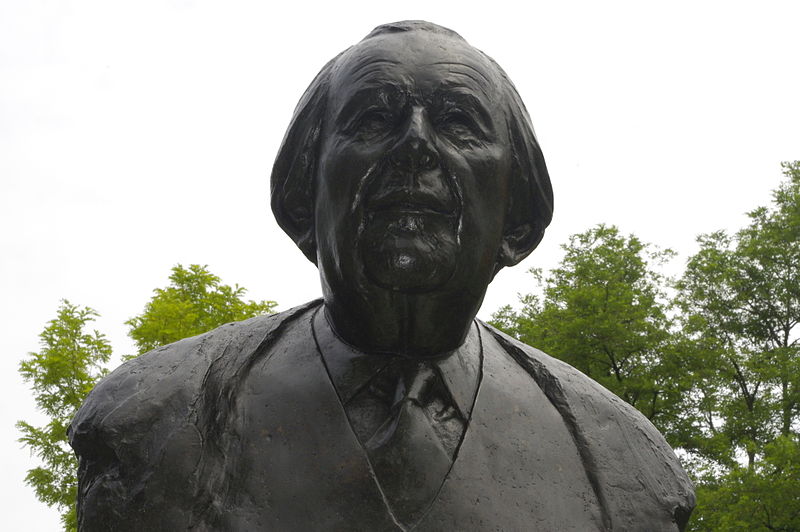What is Constructivism?
Constructivism is a learning theory that explains how humans learn and acquire knowledge. According to this theory, people construct knowledge and generate meaning through experiences they gain in real life. Jean Piaget, John Dewey, Lev Vygotsky, Jerome Bruner, Richard Rorty, and Giambattista Vico are some of the key figures associated with constructivism. Constructivism emphasizes that learning is an active process where the individual functions as a constructor of knowledge. The knowledge people have is not merely acquired but constructed, and while there may be an objective reality, people’s interpretations of a situation are often subjective, resulting from their past experiences.
What is Social Constructivism?
Social constructivism is another learning theory that underscores the importance of social interactions and the role of culture in creating knowledge. Lev Vygotsky is considered a key figure in this theory. Social constructivism highlights social factors and posits that social interaction is essential for constructing knowledge. Key assumptions of this theory include the belief that reality is created through human interaction, knowledge is a social production, and learning is a social process. As people interact with others in society, their knowledge changes and expands.
Key Takeaways
- Constructivism focuses on individual experiences in constructing knowledge, while social constructivism emphasizes social interactions and culture.
- Both theories consider learning as an active process where individuals construct knowledge.
- Piaget is considered the founder of constructivism, whereas Vygotsky is a key figure in social constructivism.
